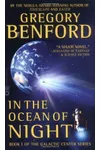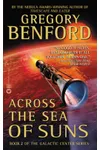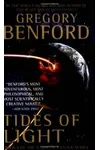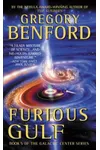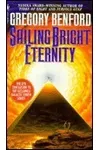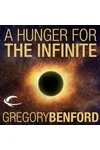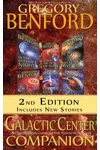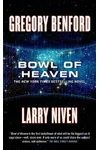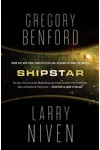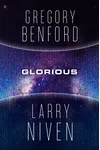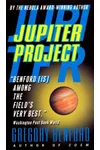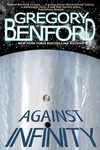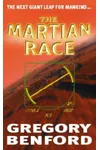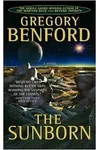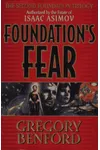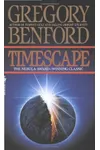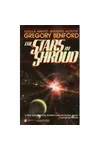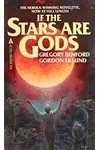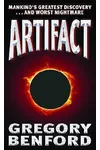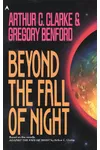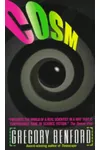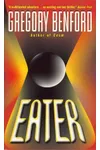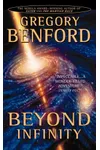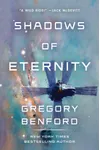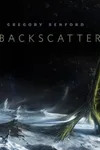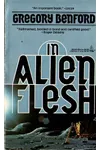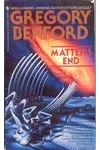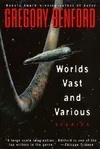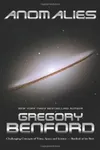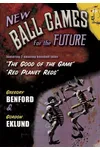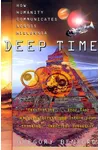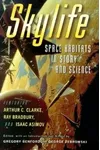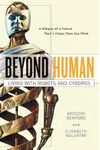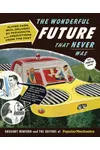Picture a scientist spinning cosmic tales that blend hard science with human heart—meet Gregory Benford! Born in 1941, this American astrophysicist and science fiction maestro has captivated readers with his Nebula Award-winning novel Timescape and the epic Galactic Center Saga. With a foot in both the stars and storytelling, Benford’s work explores humanity’s place in a universe teeming with wonder and danger.
From his roots in Alabama to his professorship at the University of California, Irvine, Benford’s life is a fusion of rigorous research and imaginative leaps. His stories, grounded in real physics, invite us to ponder big questions: What if we could talk across time? What if machines outsmarted us? Let’s dive into the life and legacy of this stellar visionary.
The Making of Gregory Benford
Gregory Benford was born on January 30, 1941, in Mobile, Alabama, alongside his identical twin, Jim. Growing up in Robertsdale and Fairhope, he was a curious kid fascinated by science fiction and the cosmos. He earned a Bachelor of Science in physics from the University of Oklahoma in 1963, followed by a Master’s and Ph.D. from the University of California, San Diego, by 1967. His early career included a stint at the Lawrence Livermore Radiation Laboratory, but academia called, and he joined UC Irvine in 1971, eventually becoming a professor emeritus.
Benford’s love for sci-fi wasn’t just a hobby—he co-edited the fanzine Void with his brother and published his first story, “Stand-In,” in 1965. This blend of fandom and scholarship shaped his unique voice, merging cutting-edge science with gripping narratives. His wife, Joan Abbe, whom he married in 1967, inspired characters in novels like Artifact, adding a personal touch to his cosmic tales.
Gregory Benford’s Unforgettable Stories
Benford’s novels are a masterclass in hard science fiction, where real-world physics fuels imaginative plots. His breakthrough, Timescape (1980), won both the Nebula and John W. Campbell Memorial Awards. This time-travel tale follows scientists sending messages to the past to avert an ecological crisis, weaving taut drama with meticulous science. Critics praised its authentic portrayal of researchers at work, a hallmark of Benford’s style.
The Galactic Center Saga, starting with In the Ocean of Night (1977), spans six novels and pits organic life against sentient machines in a galaxy-spanning conflict. Its blend of cosmic scope and human emotion captivated readers. Other gems include Foundation’s Fear (1997), a sequel to Asimov’s Foundation series, and The Martian Race (1999), a thrilling near-future tale of Mars exploration. Benford’s stories often explore humanity’s resilience, the ethics of technology, and the mysteries of the universe, all wrapped in accessible, thought-provoking prose.
Collaborations with authors like David Brin (Heart of the Comet) and Larry Niven (Bowl of Heaven) showcase his versatility, while his short fiction, collected in works like In Alien Flesh (1986), highlights his knack for concise, impactful storytelling. Benford’s ability to ground wild concepts in plausible science makes his work both thrilling and believable.
Why Gregory Benford Matters
Benford’s impact transcends science fiction. His novels have inspired readers to grapple with existential questions about technology, time, and our cosmic destiny. As a scientist, his research in plasma physics and astrophysics, supported by NASA and NSF, has advanced our understanding of the universe, while his fiction makes those discoveries accessible to all. His 2016 Forry Award for Lifetime Achievement in Science Fiction underscores his influence on the genre.
Beyond literature, Benford’s innovative ideas—like a massive space lens to combat global warming—spark discussions on science’s role in solving humanity’s challenges. His work as a consultant for Star Trek: The Next Generation and his advocacy for cryonics further cement his status as a forward-thinker. Benford’s legacy lies in his ability to make us dream bigger, blending the rigor of science with the magic of storytelling.
- Born: January 30, 1941, Mobile, Alabama
- Key Works: Timescape, Galactic Center Saga, Foundation’s Fear
- Awards: Nebula Award (1980), John W. Campbell Memorial Award (1980), Forry Award (2016)
- Fun Fact: He wrote the first story about a computer virus, “The Scarred Man,” in 1969!
Snag Timescape or dive into the Galactic Center Saga to explore Gregory Benford’s thrilling blend of science and story. Your next cosmic adventure awaits!
